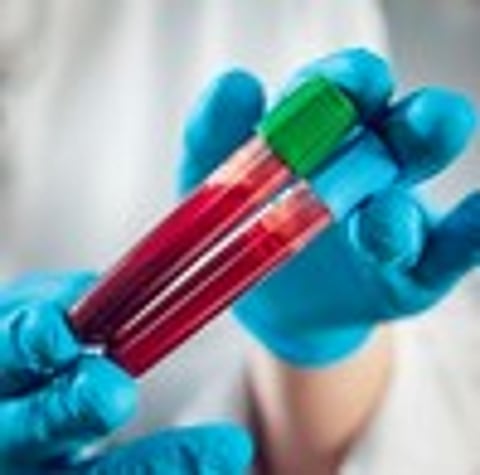

CHENNAI: The preference of private hospitals to use freshly-donated blood rather than blood stored in government-run blood banks is resulting in wastage, especially of rare phenotypes, as the stored units end up being discarded after expiration. Government doctors attribute this to the fear of private hospitals that the stored blood would not have been properly screened for diseases.
On April 24, the staff at the Government Villupuram Medical College Hospital were forced to discard one unit of blood of the rare ‘hh’ type after it expired even though a private hospital in Vellore had needed blood from the group earlier in the month.
Blood donors alleged that the private hospital opted to take fresh blood from a donor rather than use the banked blood.
Only one in 7,600 to 10,000 people in India has blood belonging to the ‘hh’ group, commonly known as the Bombay blood group.
“At least three units of Bombay blood group are wasted each year. This unit of blood could have been utilised if the private medical college hospital in Vellore had accepted it this month when there was a need. Instead they chose to find a fresh donor,” said Srivatsav Vema, a member of the volunteer-run Platelet Club.
Private hospitals ask for blood donors, not banked blood, says medical officer
“There have been multiple instances of two private hospitals, including one in Chennai, refusing to take donated blood already in stock, even if it is a rare group,” Vema added.
Asked why the Villupuram government facility discarded the unit of rare blood, a doctor there said the staff had reached out to many hospitals asking them to take it as it was nearing expiration. “But nobody came forward and it eventually expired,” the doctor added.
A medical officer in a government blood bank said that private hospitals prefer asking for blood donors rather than banked blood as they seem to believe the stored blood may not have been screened properly. “We screen donated blood for HIV, Hepatitis B and C, malaria and other illnesses but many private hospitals feel this might have not done properly,” the doctor added. “Every time they reach out with a request, I ask them if they want a donor or blood. They always prefer donors, “ the doctor added.
Speaking to TNIE, a senior official with the Tamil Nadu State Blood Transfusion Council said, “When we find that the blood of a donor belongs to a rare group, the blood is stored. Mostly it will not be wasted, as we transfer it to different parts of the country when there is a need. A group of volunteers on a WhatsApp group do this. But, we cannot avoid wasting one or two units,” he added.
According to doctors, the shelf life of whole blood is 35 days, platelets five days, plasma one year and red blood cells 35 days. Officials added that a list of donors with rare blood groups is maintained so that when there is a requirement, the donor can be asked to give up blood.
Vema, said the government should update the e-RaktKosh website, a centralised blood bank management system for proper utilisation of blood units. As this is not being done regularly, there is no account of available units or expiry dates. He added that in the last four months alone, 58 units of blood from the Bombay blood group were transferred to other places, including Bangladesh.